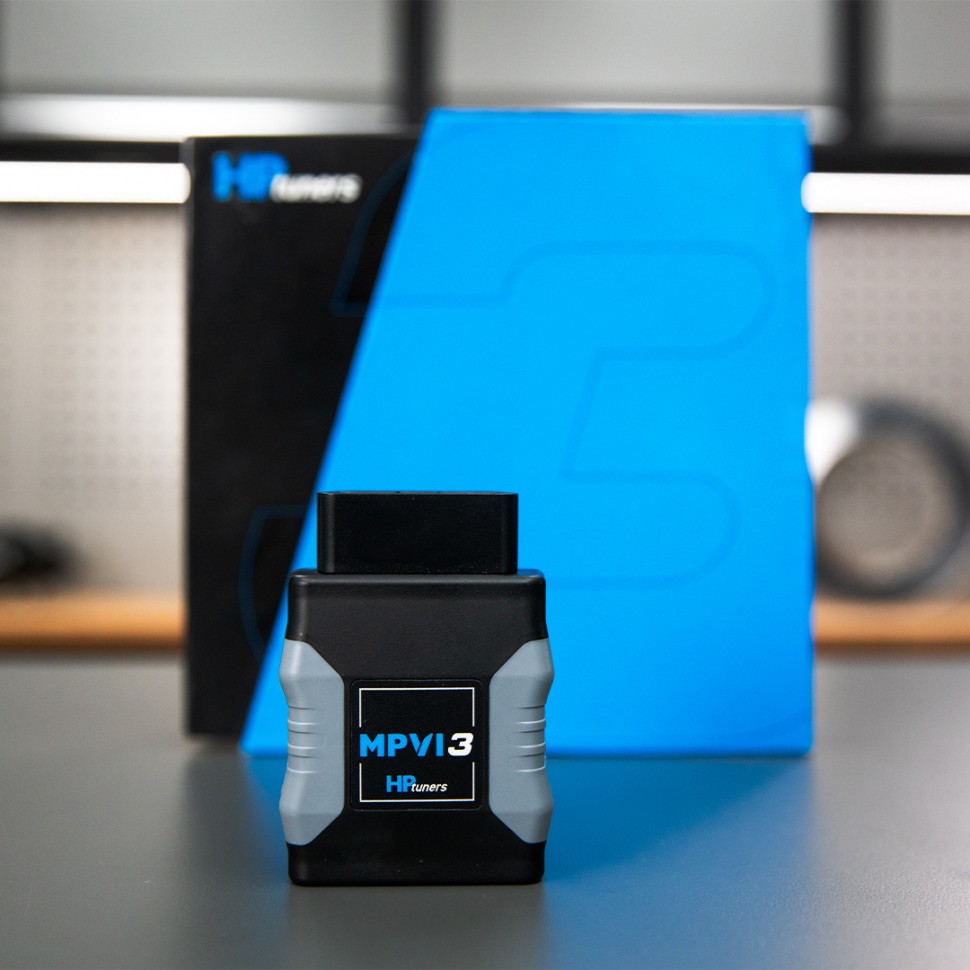| 00:00 |
- Once the piston and rod are are assembled together and the rings are fitted, we can then fit them into the engine block.
|
| 00:06 |
This is going to require the use of a ring compressor in order to compress the rings and allow the piston to slide into the cylinder bore.
|
| 00:14 |
Prior to using the ring compressor though we need to install the big end bearing shells into the conrod and the big end cap, and lubricate them.
|
| 00:24 |
If you're using a conrod that's secured with bolts and nuts then it's a good idea to slip a short length of rubber hose, such as fuel hose over the end of each bolt.
|
| 00:34 |
This will prevent any chance of the bolt contacting and damaging the big end journal or the crankshaft as the conrod is installed.
|
| 00:43 |
Next we need to rotate the crankshaft so that the big end journal or the cylinder we're working on is at bottom dead centre.
|
| 00:50 |
While it is possible to fit the piston at top dead centre it makes it very difficult to install the bearing cap onto the conrod particularly if your engine block uses a full cradle or girdle.
|
| 01:03 |
The next step is to apply oil to the rings and the piston skirts.
|
| 01:08 |
Again, we need to use a good-quality mineral-based oil for this.
|
| 01:13 |
It's not essential to drown the piston and rings in oil but a liberal coat is sufficient.
|
| 01:19 |
I take the opportunity here to apply oil to the inside of the ring compressor at the same time.
|
| 01:25 |
We can now fit the piston into the ring compressor.
|
| 01:29 |
If you're using a tapered ring compressor this is as simple as passing the rod and piston through the top of the ring compressor until the skirt is just protruding slightly from the bottom of the compressor.
|
| 01:41 |
This makes it very easy to positively locate the piston into the top of the bore.
|
| 01:47 |
Once the piston is located in the bore we also want to make sure that the piston orientation is correct.
|
| 01:54 |
By this I mean that the intake and exhaust valve pockets are on the correct side of the block.
|
| 02:00 |
Now the piston can be pushed through the ring compressor and into the bore.
|
| 02:04 |
This should be able to be easily achieved just using the pressure from your thumbs.
|
| 02:10 |
If you're using a ratchet-style ring compressor then the technique is similar however we need to place the ring compressor over the piston and rings and then tie down the ratchet to compress the rings.
|
| 02:22 |
With this style of compressor you will normally have to apply a little more force to the top of the piston to install it into the bore.
|
| 02:30 |
And I'll use a plastic screwdriver handle or similar to gently tap the piston into place.
|
| 02:36 |
This ensures that no damage is done to the crown of the piston during the installation process.
|
| 02:43 |
Once the piston is fitted into the bore it can be gently pushed down the cylinder until the big end bearing is located positively on the crankshaft journal.
|
| 02:53 |
While doing this I'll use one hand to push the piston down the bore and my other hand to guide the conrod onto the crankshaft journal.
|
| 03:02 |
This lets me make sure that the conrod is correctly aligned with the crankshaft and prevents damage to either component.
|
| 03:10 |
Finally the conrod cap can be installed and torqued to the manufacturer's specifications.
|





